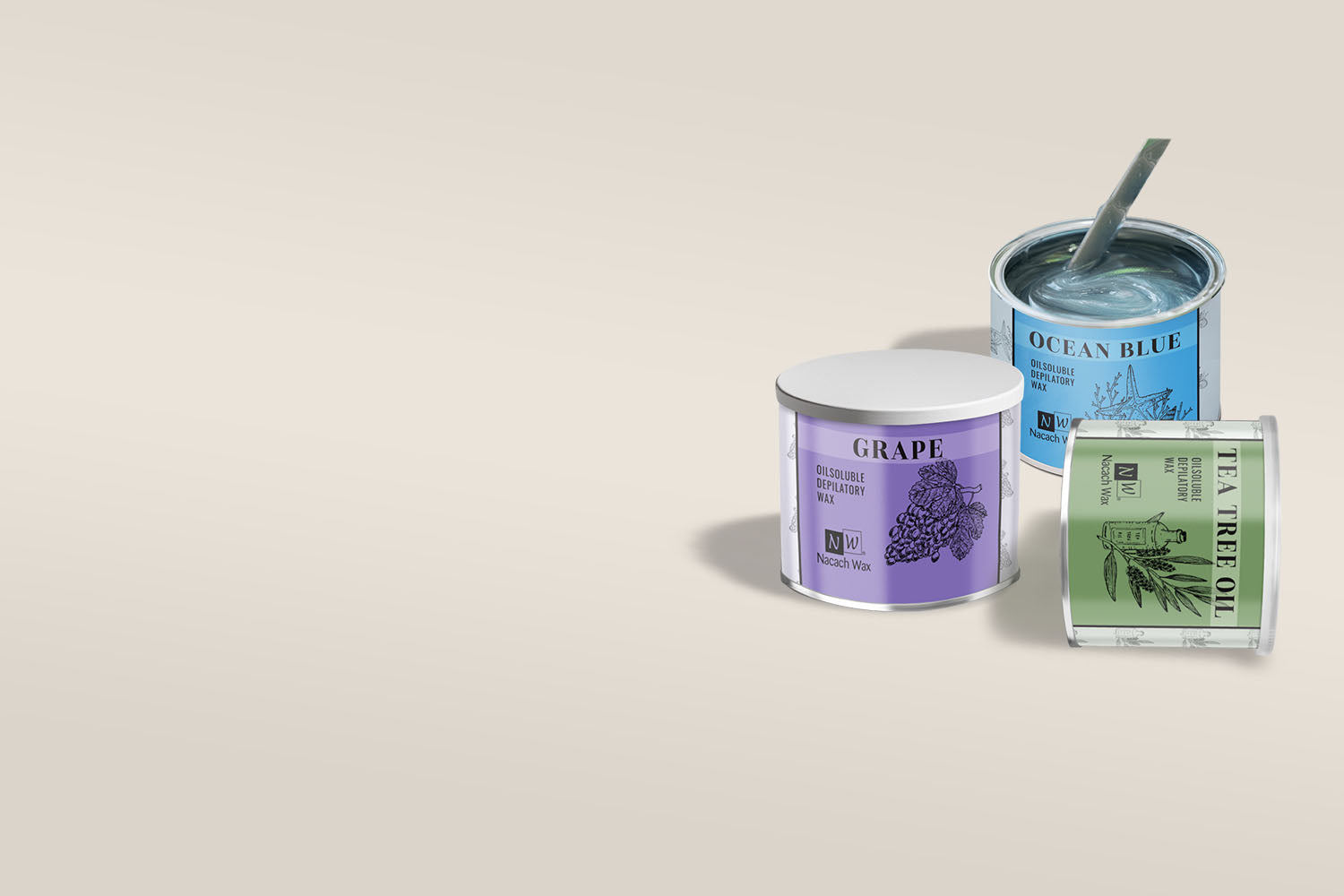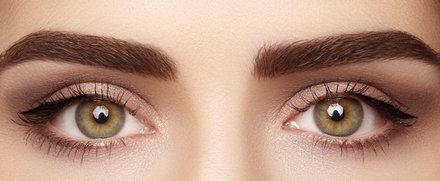Dealing with hypersensitive, easily irritated skin can turn everyday tasks, such as buying lotion or perfume, into an intense, anxious, and research filled process. Luckily, you’re not alone! Many people experience issues relating to sensitive skin. By taking proper steps and being aware of what you’re putting on your skin, you can keep your hypersensitive skin from interfering with your day to day life.
Opt for All-Natural Products

One of the primary irritants for people who have skin sensitivity is everyday products that have added fragrances, colors, and preservatives - such as lotions, shaving creams, soaps, body washes, perfumes, and other household products. When choosing these products, pick options that don’t have any harsh fragrances, additives, or other skin irritants. This can be done by selecting products made specifically for those with hypersensitive skin or all-natural products. However, you should always test products in small amounts first before applying them in large quantities.
Nacach Tea Tree Oil Soft Wax is an excellent option for all-natural waxing and is made for sensitive skin. Enriched with a fragrant herbal scent and natural tea tree oil, Nacach Tea Tree Oil Soft Wax is known for its natural healing properties and is ideal for sensitive skin. It is made with top-quality hypoallergenic resins and titanium dioxide and is excellent for areas with short hair.
Nacach Hypoallergenic Rice Cream Soft Wax is another excellent option for sensitive skin. Enriched with a sweet scent and soothing ingredients, Nacach Hypoallergenic Rice Cream Soft Wax is the perfect waxing product for sensitive skin. Made with titanium dioxide and other top-quality ingredients, this creamy soft wax will leave the skin feeling smooth and revitalized.
Ingredient Testing
While it is important to opt for all-natural products whenever possible, there is still a risk of skin triggers or irritants in any product. For those with sensitive skin, an important way to manage any irritation is to learn which ingredients and products affect your skin specifically and lead to redness, soreness, dryness, or other irritation. As you try out products, create a log or journal documenting any that cause discomfort. This can help narrow down viable options and eliminate those likely not to work for you. It is also important to check products currently in your household, not just newly purchased products.
Total But Gentle Cleansing

Many people who deal with easily irritable skin believe that washing it more frequently can be a potential fix. While it is extremely important to wash away dirt, bacteria, and any allergens that can remain on the skin, over-washing also has a negative effect. Hot water and harsh soaps can be especially harmful, as they can diminish the outer layer of the skin and cause dryness and irritation.
Daily Changes
There are small but meaningful changes that can be made to your daily routine to reduce skin irritation. For instance, regularly changing out your bed sheets or pillow covers can reduce redness and acne. Also, using a moisturizing sunscreen daily blocks UV rays from damaging the skin, which can prevent related irritation, discoloration, and redness, while moisturizing dehydrated skin to avoid dryness.
Seek a Dermatologist’s Opinion
Even if you don’t believe your skin sensitivity to be a huge deal, it is often a good idea to seek the opinion of a dermatologist. Consulting with a professional can help those who suffer from sensitive skin narrow down options quickly and advise on adding new products into the rotation. They can also run tests or make a diagnosis in the case of a more severe skin disorder. If possible, seeking a professional’s help can provide peace of mind, opinions from a knowledgeable source, and potential treatments.
Takeaway
While dealing with sensitive skin can tend to be a nuisance, it is possible to manage it. Taking simple steps such as opting for all-natural products, changing showering or grooming habits, and seeking knowledgeable professionals’ opinions can significantly improve the day to day of those dealing with skin hypersensitivity.







